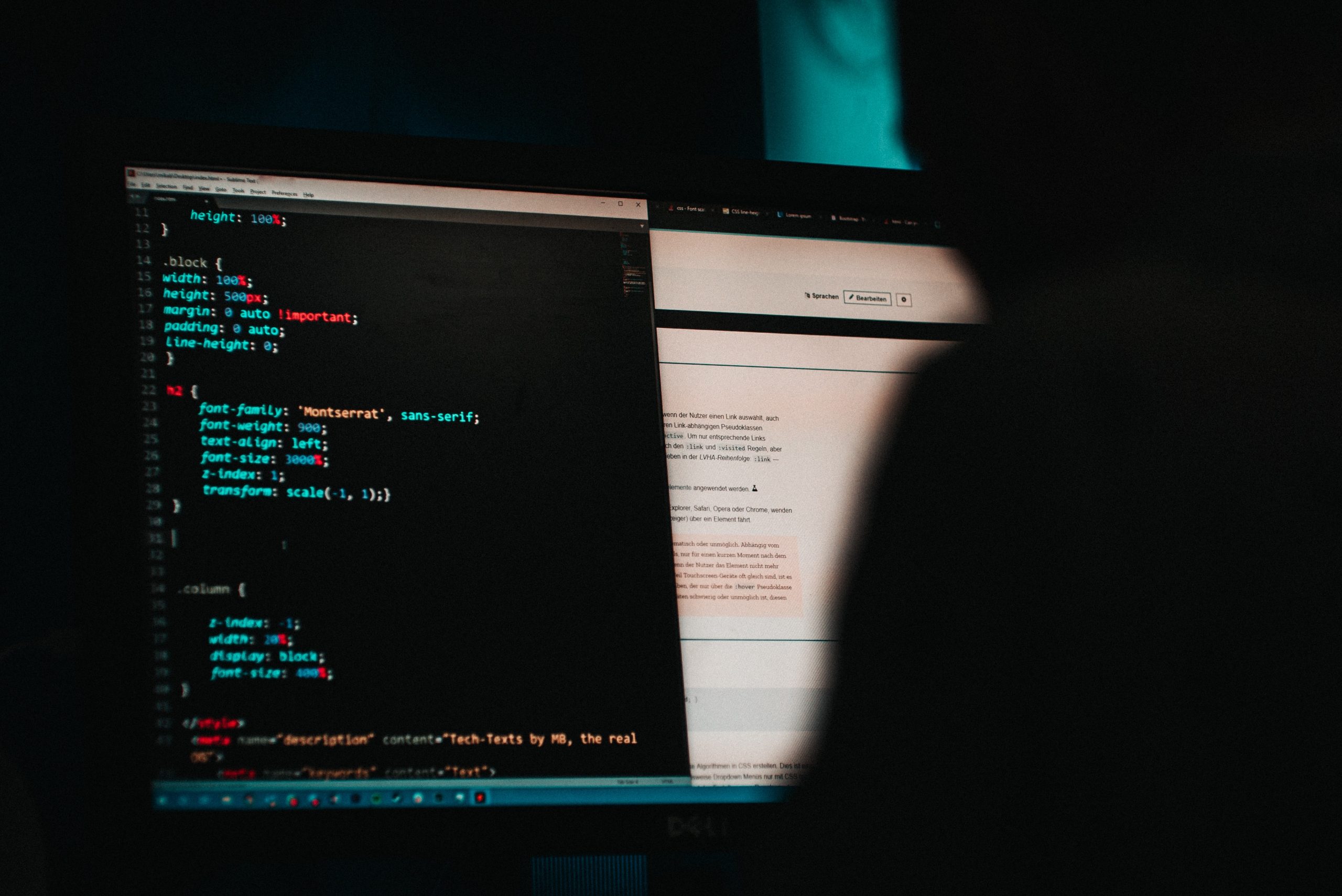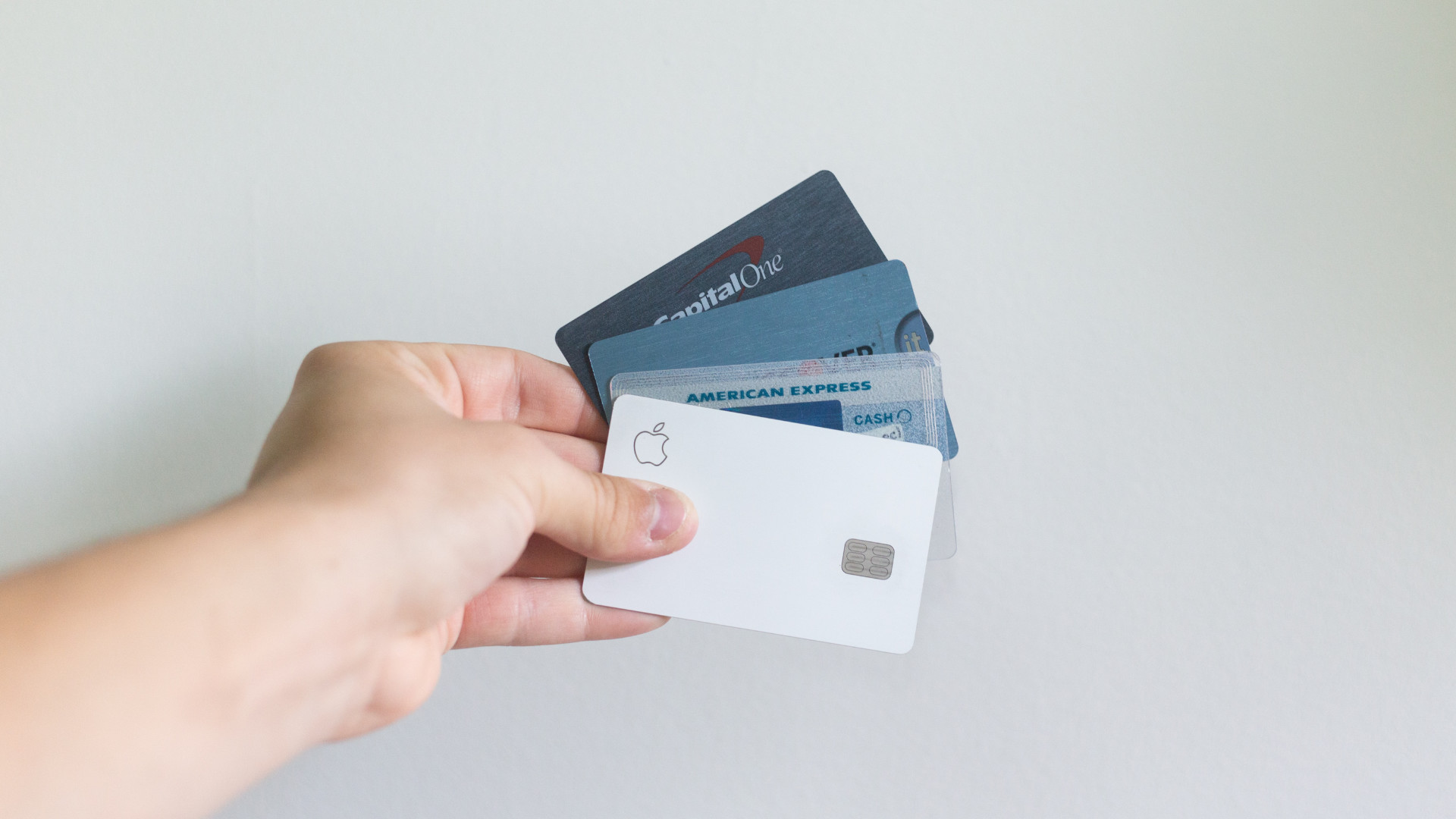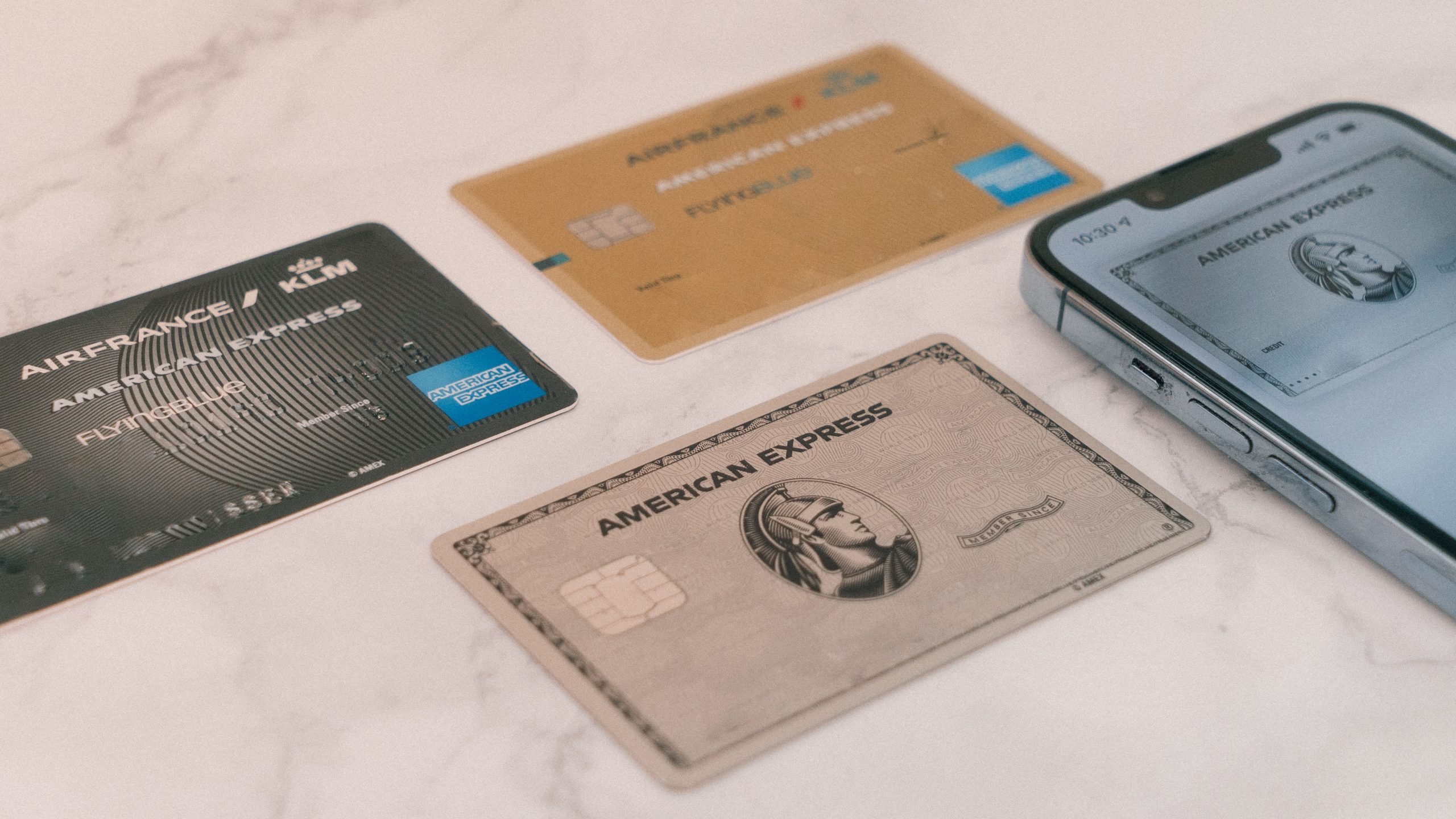How to Create a Budget and Stick to It

Creating a budget and sticking to it is a crucial step towards financial stability and achieving your financial goals. In this article, we will delve into the importance of budgeting, as well as provide practical tips and strategies to help you create a budget that works for you.
Why Budgeting Matters
Budgeting allows you to have a clear understanding of your income and expenses. It gives you control over your finances and helps you make informed decisions about how to allocate your money. Without a budget, it’s easy to overspend, accumulate debt, and struggle to meet your financial obligations.
Assessing Your Income and Expenses
The first step in creating a budget is to assess your income and expenses. Start by determining your total monthly income from all sources. This includes your salary, side hustles, and any other form of income. Next, track your expenses for a few months to get an accurate picture of where your money is going. Categorize your expenses into fixed expenses (such as rent, utilities, and debt payments) and variable expenses (such as groceries, entertainment, and shopping).
Setting Financial Goals
Budgeting becomes even more powerful when you align it with your financial goals. What are you saving for? Do you have any debts you want to pay off? Are you planning for a big purchase or a future investment? Setting clear financial goals will motivate you to stick to your budget and make the necessary sacrifices to achieve them.
Creating Your Budget
Now that you have a clear understanding of your income, expenses, and financial goals, it’s time to create your budget. Start by allocating a portion of your income towards your fixed expenses. Make sure to prioritize essential expenses such as rent, utilities, and debt payments. Then, assign a reasonable amount for your variable expenses. This is where you have more flexibility to adjust your spending based on your priorities and financial goals.
Sticking to Your Budget
Creating a budget is only the first step; sticking to it is equally important. Here are some tips to help you stay on track:
- Track your expenses: Regularly monitor your spending to ensure you’re staying within your budgeted amounts for each category.
- Make adjustments when needed: Life is unpredictable, and your budget should be flexible enough to accommodate unexpected expenses or changes in income.
- Find ways to save: Look for opportunities to cut back on expenses and save money. This could involve negotiating bills, meal planning, or finding more affordable alternatives for your regular expenses.
- Stay motivated: Remind yourself of your financial goals and the benefits of sticking to your budget. Celebrate small victories along the way to stay motivated and committed.
Reviewing and Adjusting Your Budget
Your budget is not set in stone. It’s important to review and adjust it periodically to reflect changes in your income, expenses, and financial goals. Life circumstances may change, and your budget should adapt accordingly. Regularly evaluate your budget and make necessary adjustments to ensure it remains effective and aligned with your current financial situation.
Conclusion
Creating a budget and sticking to it requires discipline and commitment, but the rewards are worth it. By taking control of your finances, you can reduce stress, achieve your financial goals, and build a solid foundation for a secure financial future. Start today and empower yourself with the tools and knowledge to create a budget that works for you.







